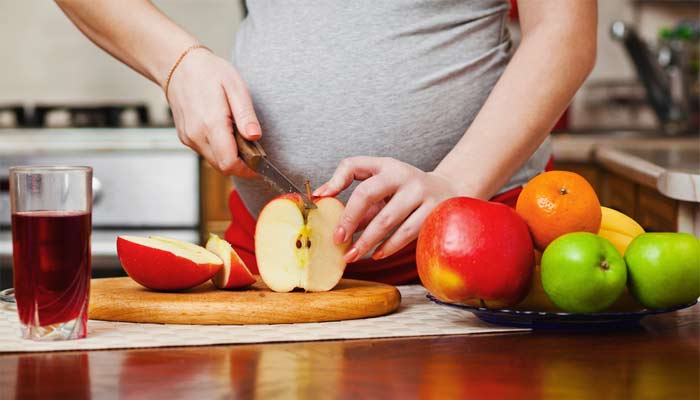How your mom's pregnancy cravings shape your appearance
You should thank your mom's bizzare pregnancy cravings for your great looks
You are beautiful but have you ever wondered why you are that way? Well, you should thank your mom's pregnancy cravings for your great looks.
A new research exploring the origins of facial features found that a pregnant mother's diet may influence certain facial features from the womb, potentially creating the appearance of her children, the New York Post reported.
The study, which was recently published in the journal Nature Communications, linked a mother’s protein levels to gene activity, specifically mTORC1 genes, which influenced the "craniofacial shape of the embryos".
According to the study, high-protein diets resulted in stronger jawlines and bigger noses, while low-protein diets resulted in slimmer, pointier features.
In other words, the mother's nutrition may "fine tune" her children's facial traits, such as the size and form of their jaw or nose.
The team of international researchers genetically manipulated pregnant mice and zebrafish and fed them diets varying in nutrition level. They then observed them before concluding the results.
Although these findings are new, previous studies have shown that mothers' diets, particularly those involving vegetables, have been linked to better child health outcomes.
One of the previous studies indicate that obese mothers increase the risk of overweight boys at birth who may develop metabolic conditions like fatty liver disease later in life.
Additionally, another research suggests that ultra-processed food consumption by mothers can pass harmful chemicals to their fetuses, further highlighting the negative health consequences of such food consumption.
-
James Hetfield's health struggle amid his 2026 Las Vegas Sphere Residency
-
Lamar Odom details struggle with addiction and ‘amazing’ rehab experience
-
Hilary Duff details how she protected her children’s mental health amid divorce
-
Courtney Love recalls how ‘comparison’ left Marianne Faithfull ‘broken’
-
Katherine Short became vocal ‘mental illness’ advocate years before death
-
Demi Lovato claims fans make mental health struggle easier
-
6 celebrities who have been vocal about anxiety and 'panic attacks'
-
Lewis Capaldi details 'impact of Tourette' on his career













